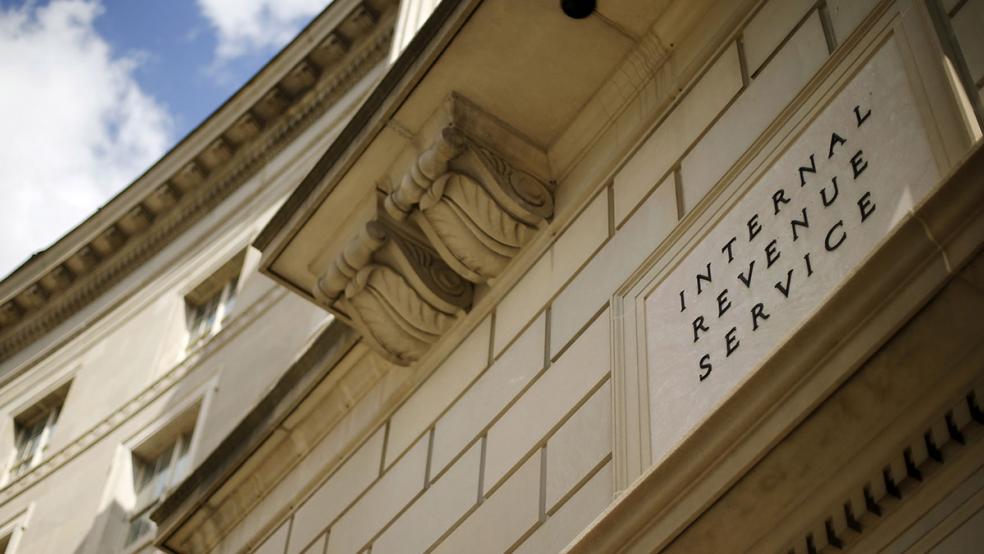One of the key ways President Joe Biden and a bipartisan group of senators are proposing to pay for the $579 billion in new spending under their infrastructure plan is to have the Internal Revenue Service step up enforcement and collect more unpaid taxes. The plan calls for providing the IRS with an additional $40 billion in funding, which the negotiators project will lead to the collection of $140 billion more in taxes, for a net gain of $100 billion.
Not surprisingly, a number of Republicans have objected to beefing up IRS funding and enforcement or expressed doubts about the bipartisan proposal. After all, Republican opposition to taxes runs strong and the party’s skepticism of the IRS has only been increased after the agency’s past targeting of political groups for additional scrutiny and its recent leak of confidential taxpayer data to ProPublica.
“Throwing billions more taxpayer dollars at the IRS will only hurt Americans struggling to recover after waves of devastating lockdowns,” Sen. Ted Cruz (R-TX) said, according to Axios. “Instead of increasing funding for the IRS, we should abolish the damn place."
Again, those kinds of comments aren’t surprising coming from Cruz, but a number of other GOP senators have expressed alarm about the proposed funding increase. Sen. John Barrasso (R-WY) told Axios that "spending $40 billion to super-size the IRS is very concerning," and "law-abiding Americans deserve better from their government than an army of bureaucrats snooping through their bank statements."
Even Sen. Lindsey Graham (R-SC), a backer of the bipartisan deal, questioned the IRS funding proposal. He told Axios: “There's some people on our side who don't like empowering the IRS; I don't mind empowering the IRS if it's a reasonable thing to do. But I mean, how much uncollected taxes can you gather with $40 billion?"
The key question in terms of the infrastructure agreement is whether GOP opposition to additional IRS funding could further undermine the already dubious financing for the deal.



